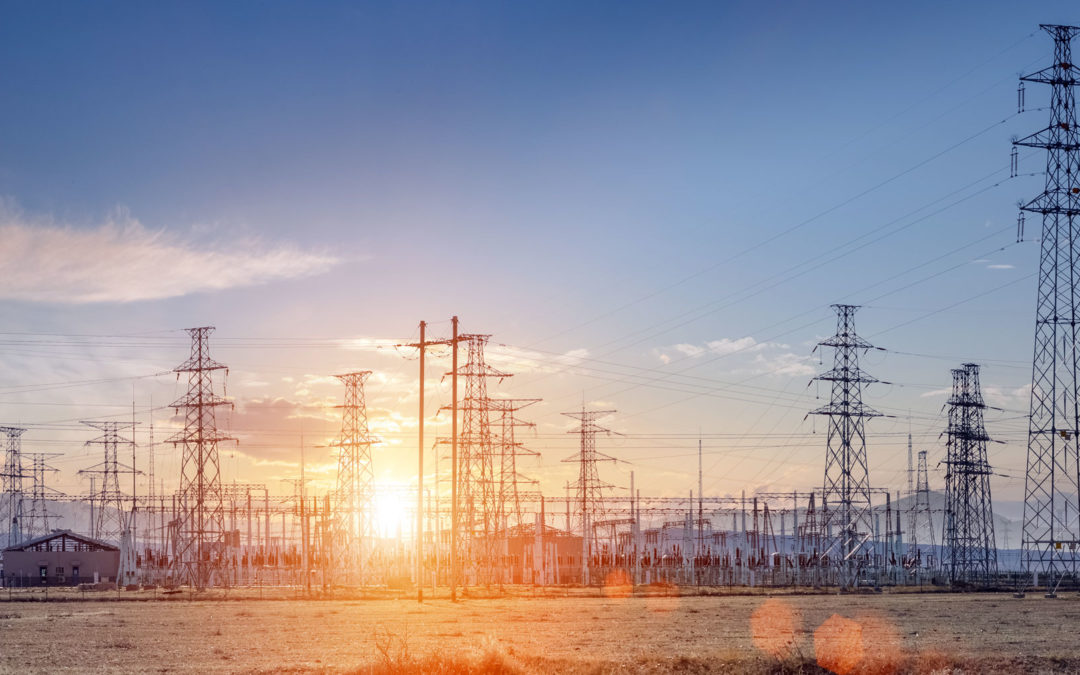What are they:
Sulfur oxides (SOx) are compounds made up of sulfur and oxygen, and hazardous for people and the environment. SO2 is the component of greatest concern. Other gaseous SOx (such as SO3) are found in the atmosphere at concentrations much lower than SO2.
Anthropogenic origin
SOx gases have an anthropogenic origin, that is, they are generated by human action. Most of this type of emissions is generated during production processes where sulfur-containing fossil fuels are used – for instance, in combustion chambers.
Harmful effects
At an environmental level, combined with water in the atmosphere, SOx cause the so-called acid rain, which can harm ecosystems. And at high concentrations, gaseous SOx can harm trees and plants by decreasing growth and damaging foliage.
SO2 and other sulfur oxides can react with other compounds in the atmosphere to form fine particles that reduce visibility and create Particulate Matter pollution.
Industries affected
In terms of the industries affected, SOx gases affect mainly the chemical and petrochemical industries, waste incineration plants, power generation plants as well as other industrial facilities.
SOx emissions treatment
Since sulfur oxides have an acid nature, there are various technologies available on the market to correctly eliminate its polluting emissions. These options include the use of dry, semi-humid or humid technology systems.
In dry systems, lime or sodium bicarbonate is usually added in the form of a dry powder. Subsequently, bag filters must be installed to remove added solid particles.
Semi-humid systems are based on spray absorption. The absorption agent is injected in the form of a suspension into the gas to be treated in a contact reactor. Subsequently, a filtration stage is necessary.
In wet systems, scrubbers with basic fluids (usually with a NaOH caustic soda solution) are used to neutralize these gases.
Due to their toxicity and hazardous nature, sulphur oxides must be carefully and correctly treated and eliminated with the most appropriate technology, for both human and environmental safety.
If you need further information, please contact us at info@tecamgroup.com or +34 93 428 11 54.

